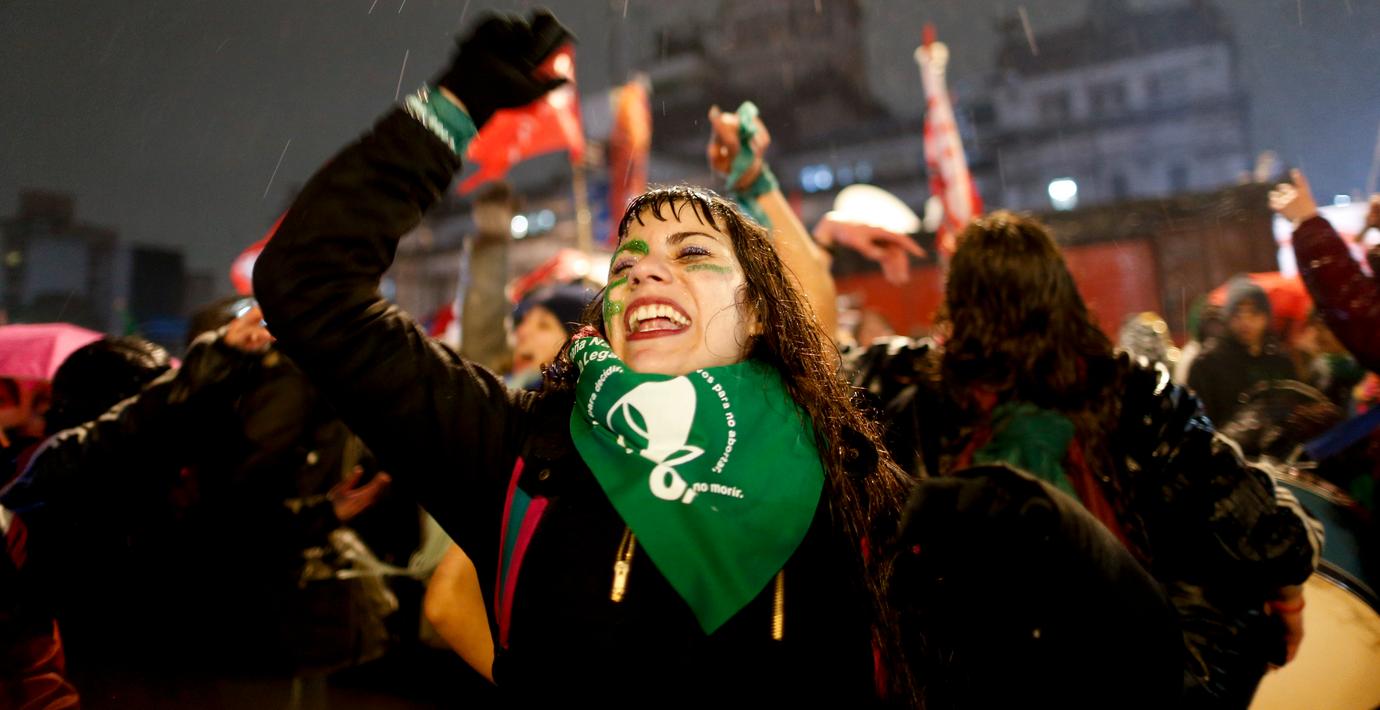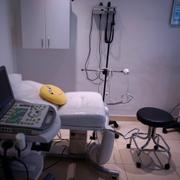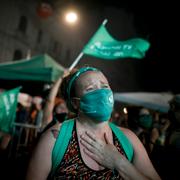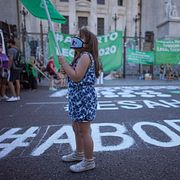
11-åring fick genomgå kejsarsnitt efter våldtäkt
Läkare i Argentina utförde ett kejsarsnitt på en elvaårig flicka som blivit gravid efter att ha utsatts för våldtäkt – trots att flickan hade efterfrågat abort. Händelsen väcker debatt om abortlagarna i landet, skriver BBC.
Sjukhuset sköt upp den planerade aborten flera gånger och läkarna har hävdat att graviditeten till slut hann gå så långt att en abort hade varit riskabel att genomföra.
Barnet är vid liv men har små chanser att överleva.
bakgrund
Argentinas abortlagar
Wikipedia (en)
Abortion in Argentina, when understood as induced, is considered a crime against a life and a person, and it can be punished with one to fifteen years of prison for anyone that induces an abortion. The same penalty is incurred by doctors, surgeons, midwives and pharmacists that induce or cooperate in the induction of an abortion, with the addition of a special disqualification for two times the length of their sentence. And any woman that intentionally causes her own abortion or consents to another person performing one on her, is faced with one to four years of prison.
However, abortion can be performed legally by a certified doctor if:
The abortion has been made to avoid danger to life or health of the mother and whether this danger cannot be avoided by other means.
The pregnancy results from rape or an attempt against the purity of a feeble-minded or demented woman.[1]The last and only official report on the number of abortions dates from 2005 and, according to said report, there are 370.000 to 520.000 both legal and illegal abortions per year in Argentina. [2]. Many failed abortion attempts and deaths due to them are not recorded as such and/or are not notified to the authorities. Enforcement of anti-abortion legislation is variable and complex; there are multiple NGOs providing women with help to access drugs that can interrupt pregnancies, as well as doctors who openly perform the procedure. In 2018, following years of lobbying, Congress members from all parties proposed to debate legalization and provision of free abortions in public clinics - a debate to be held in 2018. President Mauricio Macri has stated that, despite identifying as pro-life on this issue,he would not ban a decision by Congress on the matter, and the issue will be debated alongside other measures to address gender inequality. In 2018 the matter took parliamentary status after the authorization to treat the law of legalization in the National Congress. On June 14, 2018 the Chamber of Deputies gave preliminary approval to the law with 129 votes in favor, 125 against and 1 abstention. Senate rejected the law by 38-31. The pro-life movement, along with the Catholic Church received the result as a big win.
Omni är politiskt obundna och oberoende. Vi strävar efter att ge fler perspektiv på nyheterna. Har du frågor eller synpunkter kring vår rapportering? Kontakta redaktionen



